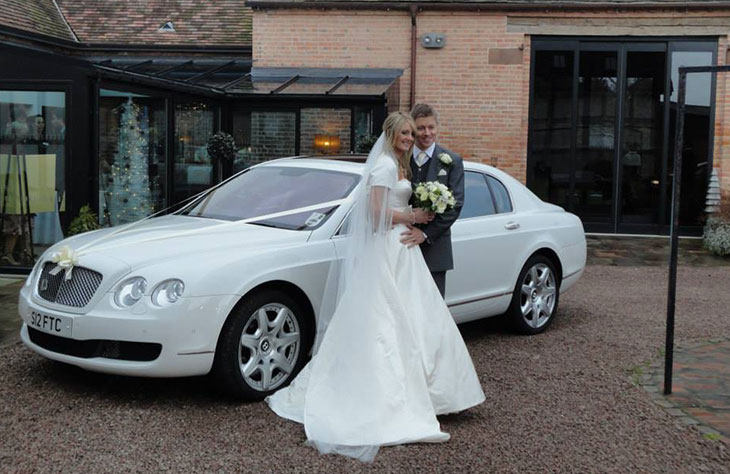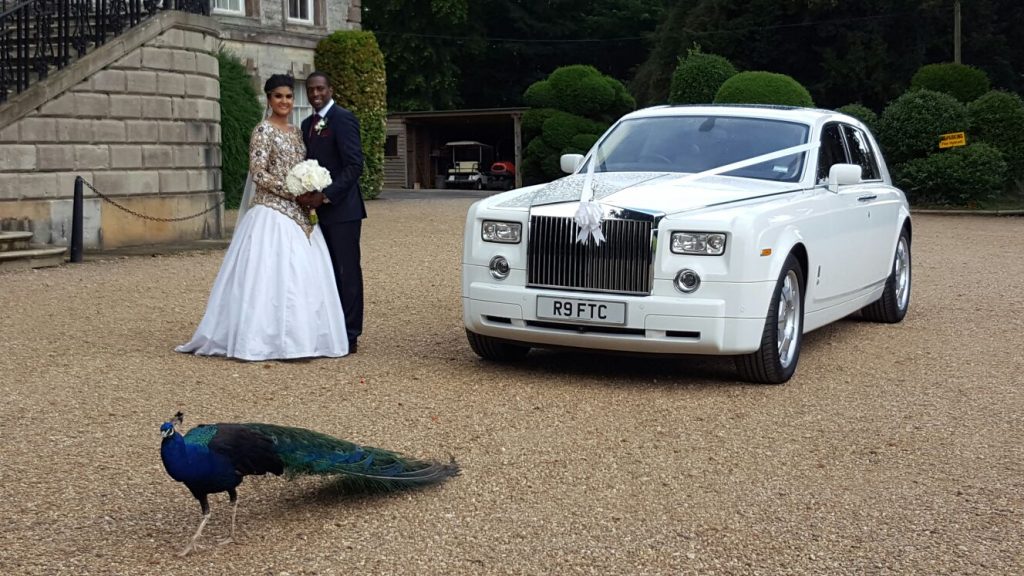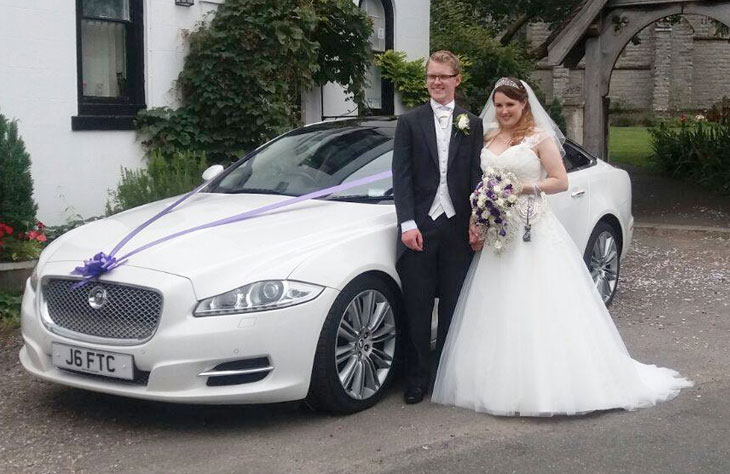Weddings are significant milestones in various cultures and traditions around the world. Wedding car traditions symbolise love, commitment, and the beginning of a new chapter in one’s life. While many elements of wedding traditions differ across cultures, one common thread that connects them is the use of wedding transport. In this blog, we will explore the role of wedding cars and limousine hire in Gloucester with regards to different cultures and traditions, highlighting their unique significance in different cultures.
Wedding cars play a significant role in different cultures and traditions around the world. Here are some examples:
- Hindu weddings
- Chinese weddings
- Jewish weddings
- Western weddings
- African weddings
- Muslim weddings
- Sikh weddings
Overall, wedding cars serve as an important symbol of the wedding ceremony and are often decorated to reflect the cultural traditions and customs of the couple and their families.

Hindu weddings
In Hindu weddings, the groom traditionally arrives on a horse at the wedding party, which is decorated with colourful decorations and accompanied by a procession of family and friends. The bride may arrive in a decorated car or palanquin, which is carried by four people. Hindu weddings are known for their vibrant and elaborate ceremonies. In Hindu culture, wedding cars play a vital role in transporting the groom, bride, and their families for the bridal party and to the wedding venue. One of the most traditional wedding cars in Hindu weddings is the decorated white horse, symbolising grace, purity, and royalty. As per the wedding theme, the groom arrives on horseback or in a beautifully adorned vehicle known as a “baraat car” surrounded by family and friends, creating a joyous procession.
Chinese weddings
In Chinese weddings, the couple at the time of wedding car arrival often arrives in a decorated sedan chair or a modern luxury car. The wedding car decoration involves flowers and banners, and the couple may be accompanied by a dragon dance or lion dance. Chinese weddings are deeply rooted in ancient traditions and customs. The role of bridal cars in Chinese weddings has evolved over time, blending modernity with cultural symbolism. Traditional Chinese weddings often feature a decorated sedan chair, carried by friends or relatives, to transport the bride to the groom’s house. In contemporary Chinese weddings, luxurious cars, such as luxury sedans or limousines, are commonly used to represent wealth, status, and a touch of Western influence.
Jewish weddings
In Jewish weddings, the groom may arrive at the ceremony in a decorated car or limousine, accompanied by family and friends. The bride’s arrival to the ceremony is escorted by her father or grandfather. Jewish weddings are steeped in rich traditions and rituals that vary based on religious sects and cultural backgrounds. While the focus of Jewish weddings is typically on the ceremony rather than transportation, wedding cars still play a role in ensuring a seamless and comfortable experience for the couple. In some Jewish weddings, especially those with Orthodox traditions, a beautifully adorned vehicle, often a classic vehicles or a vintage car, may be used to transport the couple to the reception destination or the synagogue.
Western weddings
In Western weddings, the bride, groom often arrive at the ceremony in separate cars, accompanied by their respective wedding parties. The cars may be decorated with flowers or ribbon. Western weddings encompass a broad spectrum of traditions and styles, as they are influenced by many cultures and customs. Wedding cars in Western weddings are typically seen as a symbol of elegance and grandeur. Classic cars, luxury vehicles, or even horse-drawn carriages are often chosen to transport the couple, and close friends, reflecting their personal style and the overall theme of the wedding. These cars also serve as a beautiful backdrop for wedding photographs and add a touch of sophistication to the wedding day celebrations.

African weddings
In African weddings, the bride and groom may arrive in a decorated car or horse-drawn carriage. The car may be accompanied by a procession of family and friends, and traditional music may be played. African weddings are characterised by their vibrant colors, lively music, and strong community involvement. The role of wedding cars in African weddings varies across different regions and ethnic groups. In some African cultures, the groom may arrive at the bride’s home in a procession of decorated cars, while in others, the couple may opt for a modern car rental to transport them to the venue. The choice of wedding cars in African weddings often reflects the couple’s cultural heritage and their desire to celebrate their roots.
Muslim weddings
In Muslim weddings, the groom traditionally arrives at the wedding venue on a horse or in a decorated car, accompanied by family and friends. The bride may arrive separately, accompanied by her female family members. Muslim weddings, also known as Islamic weddings or Nikah, are deeply rooted in Islamic traditions and customs. While wedding cars may not hold the same level of significance in Muslim weddings as in other cultures, they are still an integral part of the celebrations. In Muslim weddings, the couple and their families may choose to hire luxurious cars or arrange for a decorated wedding car to transport them to the venue or the bride’s home.
Sikh weddings
In Sikh weddings, the groom traditionally arrives at the wedding venue on a decorated horse or in a luxury car, accompanied by a procession of family and friends. The bride may be escorted to the ceremony by her father or brother. Sikh weddings, also known as Anand Karaj, are characterized by their simplicity and spiritual significance. In Sikh culture, wedding cars are not traditionally given as much importance as other aspects of the wedding. However, in modern Sikh weddings, couples often opt for stylish and comfortable cars to transport them to the Gurudwara (Sikh temple) where the ceremony is held.
